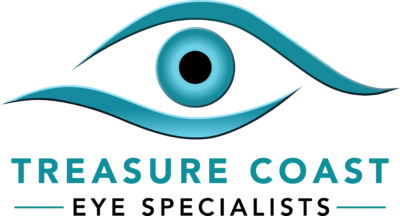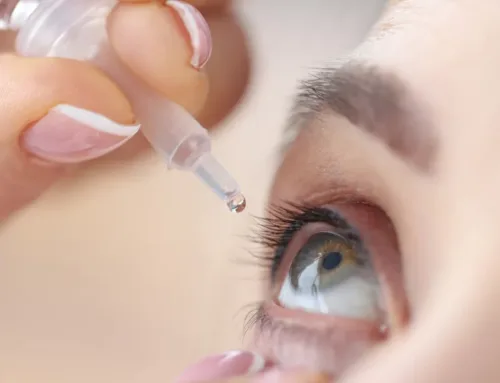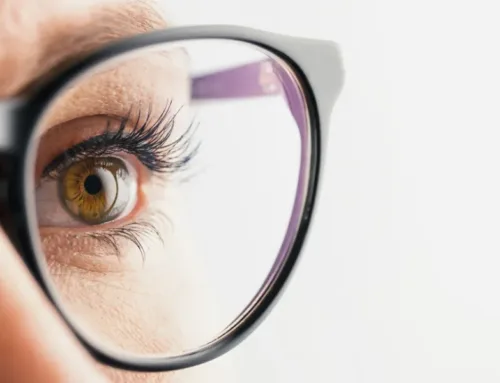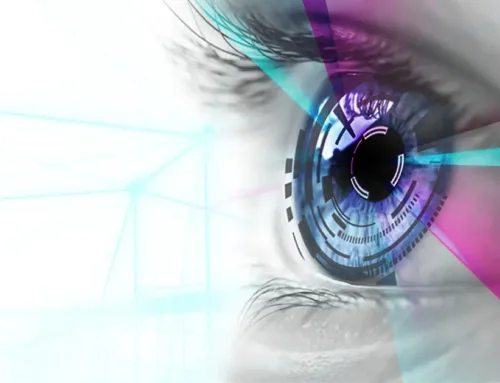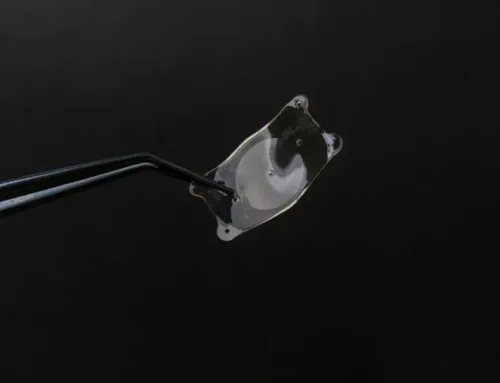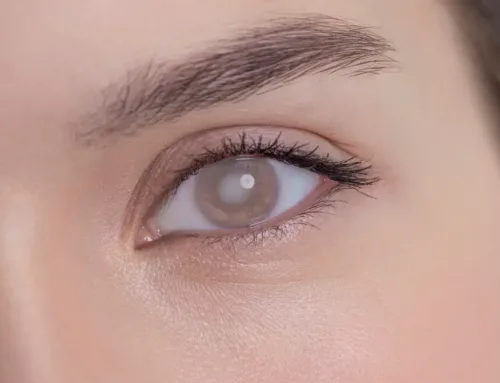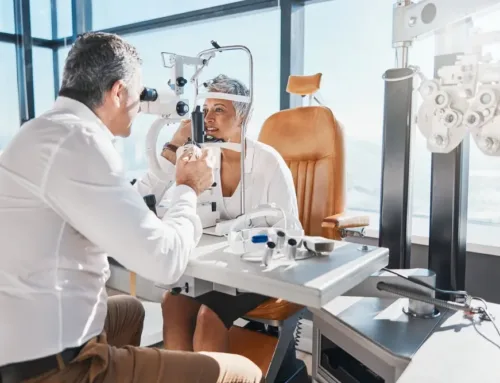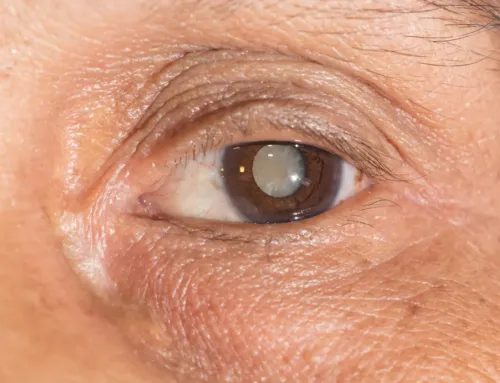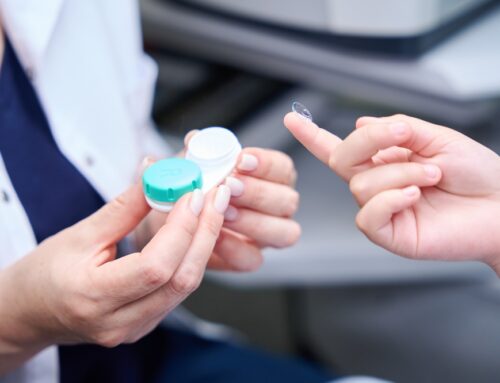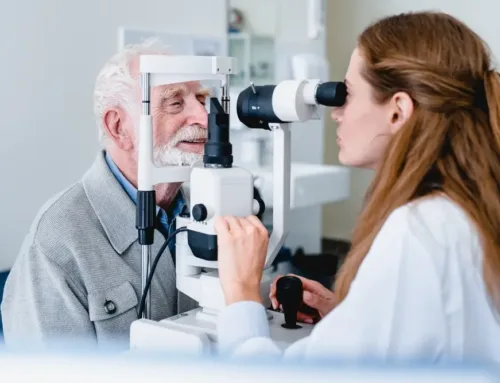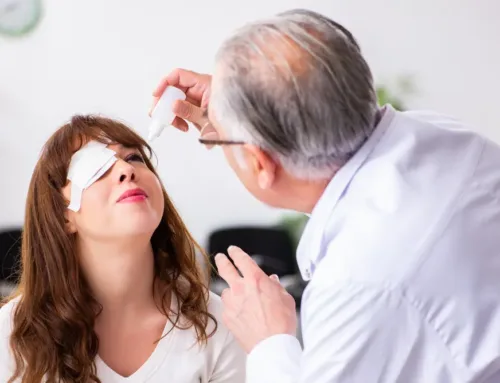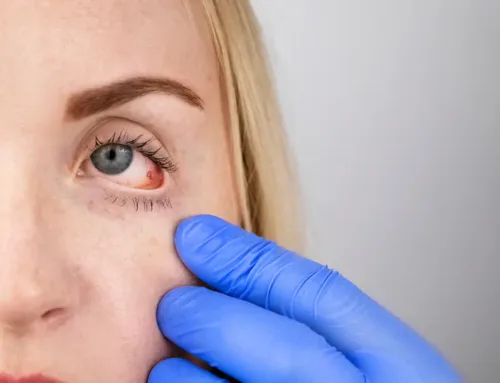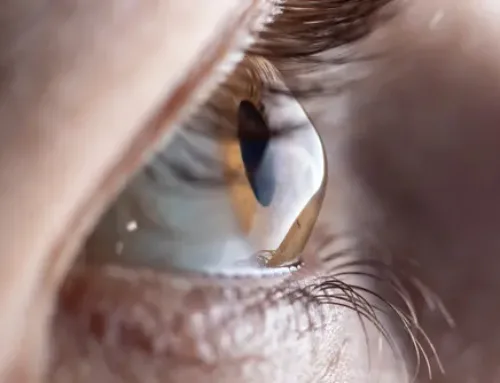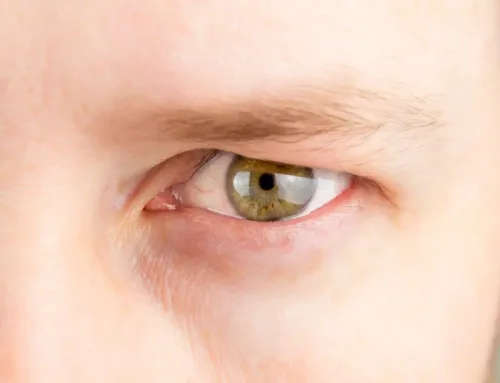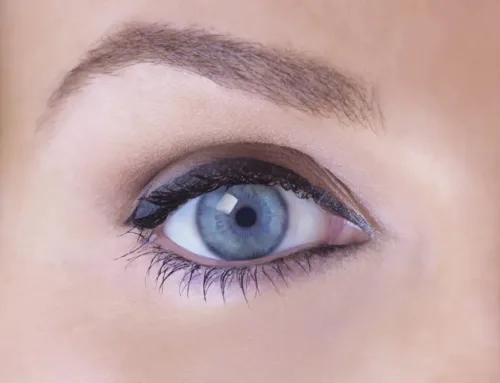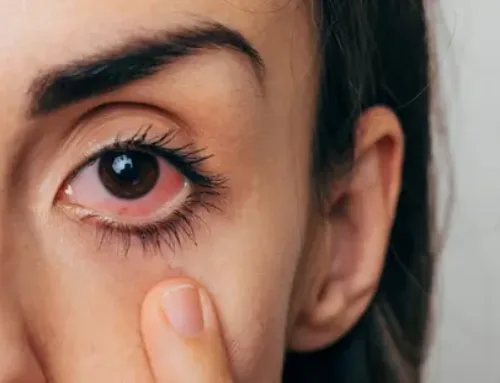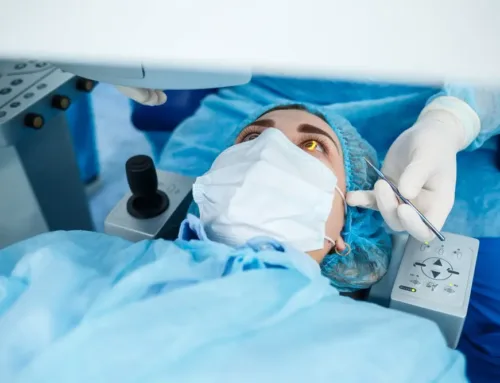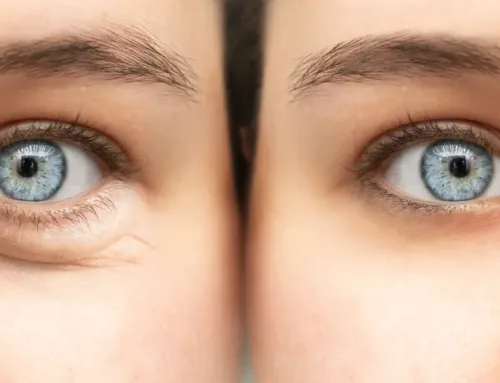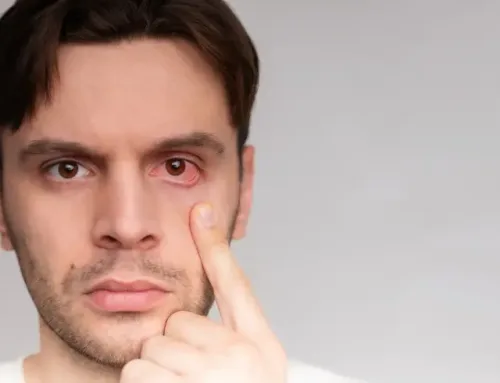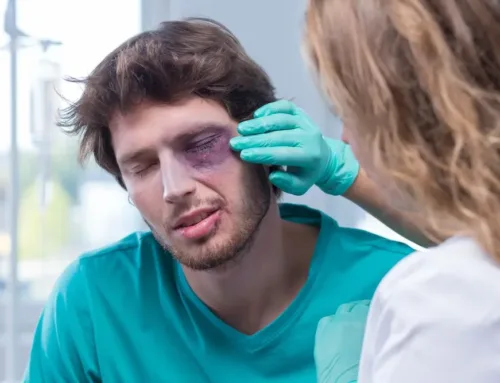Most of us will experience dry eyes at some point during our lifetime, and many people will suffer from recurrent episodes without positive action to try and prevent the condition.
Dry eye occurs when the glands responsible for tear film production are no longer as effective as they should be, or because the tear film is draining from the eyes too quickly. Both causes result in there not being enough quality tear film present on the surface of the eyes to keep them lubricated and comfortable. Instead, dry eyes can cause a range of unpleasant symptoms, from itching, soreness, and redness to blurred vision, light sensitivity, and eye fatigue. The good news is that managing dry eyes is now easier than ever before. 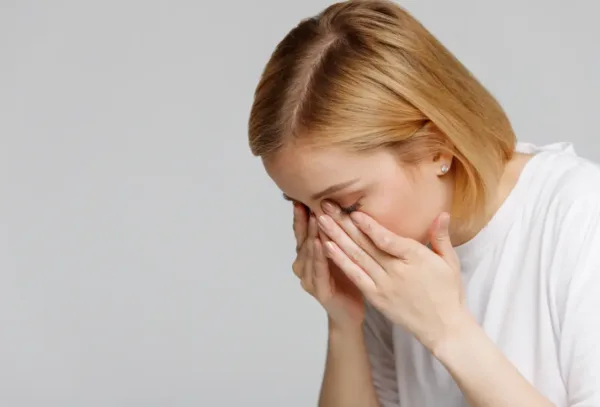
Tips To Prevent Dry Eyes
Fortunately, there are many different things that you can do which can help to prevent you from getting dry eyes or to stop your symptoms from getting any worse. Here are our top tips:
- Keep your eyes as clean as possible. This means removing any makeup before you go to bed and cleaning your face and eyes thoroughly twice every day. This will help to remove any particles that could be triggering allergies or preventing tear film from being effective.
- Take regular breaks from screens. Most of us are guilty of spending too much time looking at digital devices, but this could be making your dry eyes worse. This is because we naturally blink less when we look at screens. Regular breaks will help to relax your eyes and encourage tear film to flow again.
- Avoid eye strain. When our eyes are strained, we blink less too. The muscles around the eyes can also become tense, and this could affect the glands responsible for tear film production. You can help avoid eye strain by making sure your computer screen is at eye level and using a blue light filter to prevent too much blue light from reaching your eyes.
- Drink plenty of water. If your body is hydrated, so too will your eyes be. Make sure you drink the recommended minimum of 8 glasses of water every day for optimal health.
- If you usually wear contact lenses, switch to glasses for a few days to give your eyes a rest. This will help reduce the dryness you are experiencing and make your eyes less irritated.
What Treatment Is Available For Dry Eyes?
If you are already suffering from dry eyes, the prevention tips listed above could stop your symptoms from getting any worse. However, you will almost certainly also want to speak to your eye doctor about the different available treatments. There is a variety to choose from and your eye doctor will work with you to find the single treatment or combination of therapies that is most effective at conquering your symptoms.
Some of the most common treatments for dry eyes include:
Artificial tears or medicated eye drops. Artificial tears try to replicate natural tear film, which helps to counteract the dryness you are experiencing. Meanwhile, medicated eye drops are designed to increase tear film production.
Warm compresses. These are used on the eyes to warm the meibomian glands so that any hardened oil deposits can pass out of the gland and into the tear film, restoring its lubricating qualities.
Massage. Similarly, massaging the eyelids and the area around the eyes can help to move any blockages in the meibomian glands so that they can function effectively again.
LipiFlow. This electronic handheld device combined heat and massage to liquefy and remove any hardened oil deposits in the meibomian glands so that enough oil can reach the tear film for it to be effective.
Punctal plug. These tiny inserts are placed into the drainage channels of the eyes to stop tear film from draining too quickly. They are recommended for people whose dry eye is believed to be a result of rapid drainage.
If you would like more information about managing dry eyes, please visit Treasure Coast Eye Specialists at our office in Saint Lucie, FL. Call (772)-400-2400 to schedule an appointment today.

